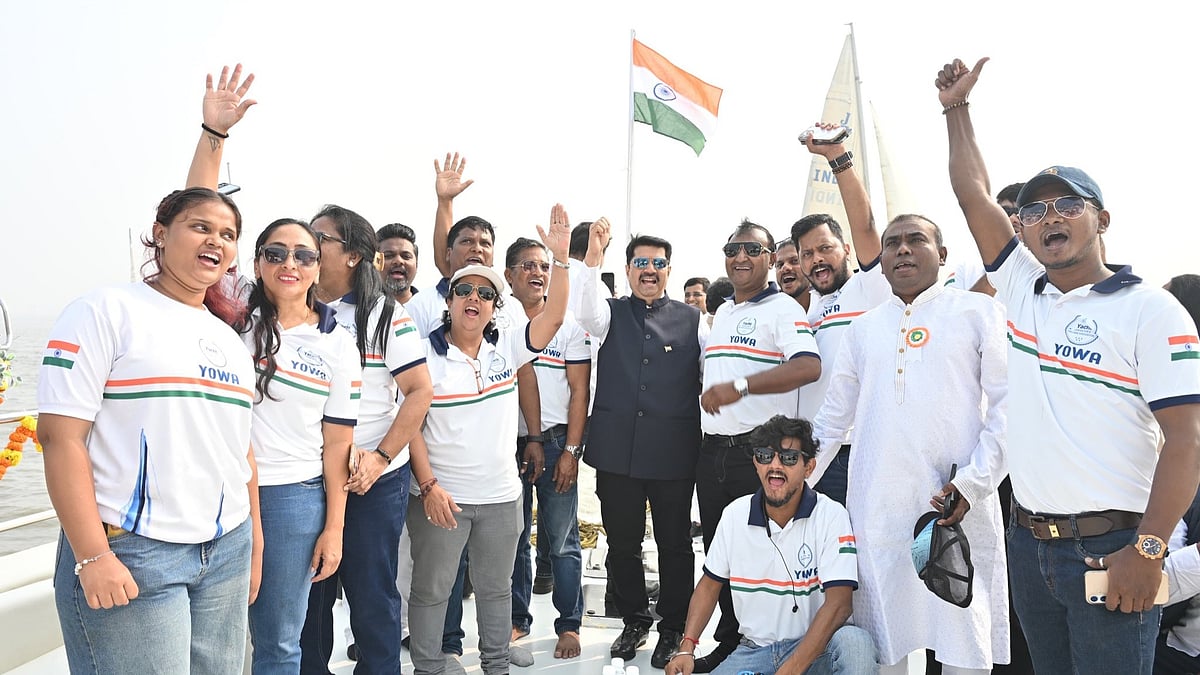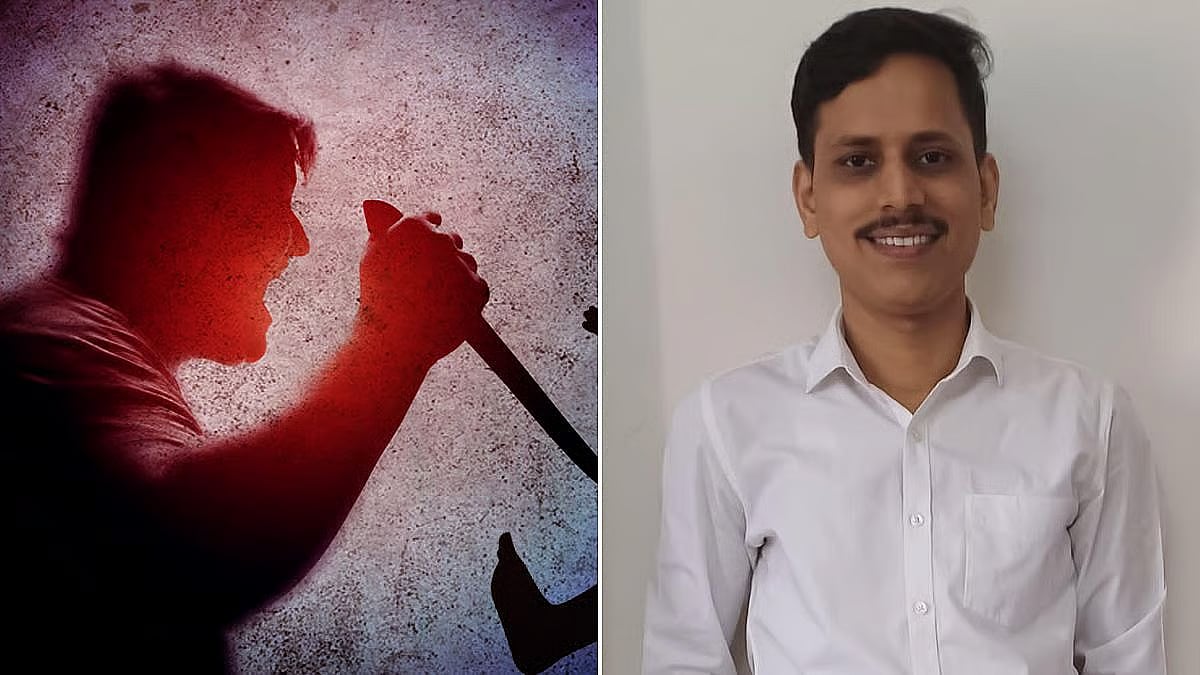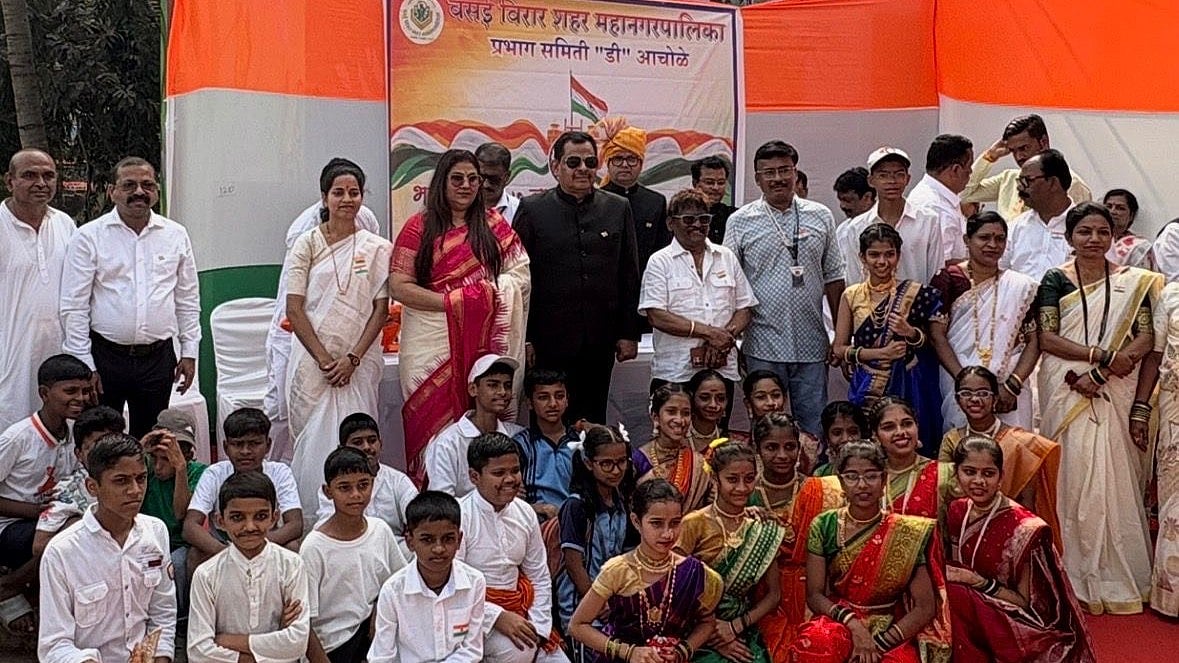Mumbai: Nationalist Congress Party (NCP) leader Ajit Pawar on Tuesday slammed Bharatiya Janata Party (BJP) and Shiv Sena over the advertisement featuring Prime Minister Narendra Modi and Maharashtra Chief Minister Eknath Shinde. He stated that the poster didn't feature Shiv Sena's stalwarts like Balasaheb Thackeray and Anand Dighe.
What did Pawar say?
"To date, in my political career, I have not seen this kind of advertisement which I saw in today's newspapers. PM Narendra Modi and CM Shinde's photos were there in the advertisement," Pawar said.
He added, "They (Shiv Sena) say that they are the soldiers of Balasaheb Thackeray, whereas Balasaheb Thackeray's and Anand Dighe's photos were missing from the advertisement." This comes after full-page advertisements appeared in newspapers across the state with the tagline "Modi for India, Shinde for Maharashtra".

Advertisement touting CM Shinde's popularity
A full-page advertisement was published in multiple Mumbai newspapers on Tuesday, the Shiv Sena aimed to generate excitement around Chief Minister Eknath Shinde's apparent political triumph. The advertisement, titled 'Modi for India, Shinde for Maharashtra,' showcased a survey depicting Shinde as the favoured choice for the CM's position over the BJP's Devendra Fadnavis. Despite facing criticism, Shinde staunchly defended the advertisement, emphasizing the strength of the "double-engine sarkar" in the state.

Mixed Reactions
The advertisement's release drew varied responses from political figures. Shiv Sena (UBT) MP Sanjay Raut referred to it as an advertisement by "Modi-Shah's Shiv Sena." The Congress labeled the survey as "false," while the NCP's Ajit Pawar expressed disappointment over the absence of Shiv Sena founder Bal Thackeray's photograph.
Shinde's Defence
While some Maharashtra cabinet ministers appeared apologetic, Shinde stood firm, asserting that his government remained stable and achieved new heights of popularity and work. He highlighted the collaboration with Prime Minister Narendra Modi, referring to their government as a "double-engine" entity that received excellent support from the Centre.









